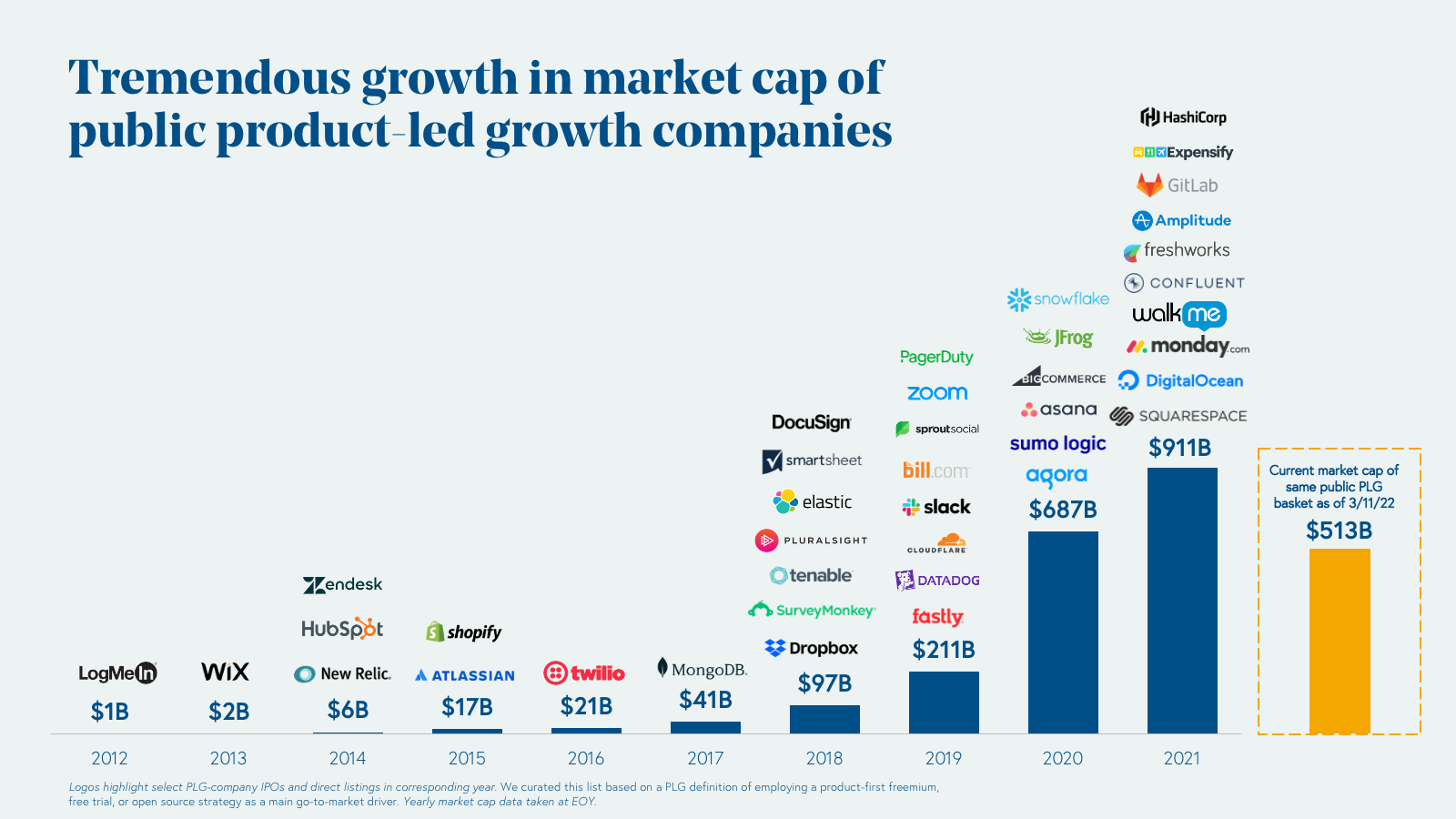

companies due to alleged previous willful violations of U.S.

In the midst of an ongoing trade war between China and the United States, Huawei was restricted from doing commerce with U.S. Huawei also tested a facial recognition AI that recognizes ethnicity-specific features to alert government authorities of members of an ethnic group.

Huawei has assisted in the surveillance and mass detention of Uyghurs in Xinjiang internment camps, resulting in sanctions by the United States Department of State.
#WHERE TO FIND ACTIVATION KEY FOR FOR HONOR 2019 PLUS#
Huawei is considered a national champion in China's "techno-nationalist development strategies", and has received extensive support including financing from state-owned banks, plus China has engaged in diplomatic lobbying and threatened trade reprisals against countries who considered blocking Huawei's participation from 5G. Despite claims that it operates as a private company, questions regarding Huawei's ownership and control persist. Western intelligence has also implicated Huawei in several hacks of telecom networks, while several rival telecom manufacturers like Nortel and Cisco Systems have traced industrial espionage back to Huawei. According to former staff "it is no secret that employees often work with intelligence officials embedded in the company", with 25,000 Huawei employees previously serving in the Ministry of State Security or the People's Liberation Army. However, experts point out that the 2014 Counter-Espionage Law and 2017 National Intelligence Law of the People's Republic of China are far-reaching legislation that compels Huawei and other companies to cooperate in gathering intelligence. Huawei has argued that its products posed "no greater cybersecurity risk" than those of any other vendor and claims that there is no evidence of the U.S. and its allies to not do any kind of business with Huawei or other Chinese telecommunications companies such as ZTE. With the development of 5G wireless networks, there have been calls from the U.S. Īlthough successful internationally, Huawei has faced difficulties in some markets, due to undue state support, links to the People's Liberation Army, and cybersecurity concerns that Huawei's infrastructure equipment may enable surveillance by the Chinese government. This was primarily due to a drop in Samsung's global sales in the second quarter of 2020, owing to the impact of the COVID-19 pandemic. In July 2020, Huawei surpassed Samsung and Apple in the number of phones shipped worldwide for the first time. In 2018, Huawei reported annual revenue of US$108.5 billion. It overtook Ericsson in 2012 as the largest telecommunications equipment manufacturer in the world, and overtook Apple in 2018 as the second-largest manufacturer of smartphones in the world, behind Samsung Electronics. Huawei has deployed its products and services in more than 170 countries and areas. Huawei has over 194,000 employees as of December 2019. Initially focused on manufacturing phone switches, Huawei has expanded its business to include building telecommunications networks, providing operational and consulting services and equipment to enterprises inside and outside of China, and manufacturing communications devices for the consumer market.

The corporation was founded in 1987 by Ren Zhengfei, a former Deputy Regimental Head in the People's Liberation Army. Huawei was ranked the second-largest R&D investor in the world by the EU Joint Research Centre (JRC) in its 2021 EU Industrial R&D Investment Scoreboard and ranked fifth in the world in US patents according to a report by Fairview Research’s IFI Claims Patent Services. It designs, develops and sells telecommunications equipment, consumer electronics and various smart devices. ( / ˈ hw ɑː w eɪ/ HWAH-way Chinese: 华为 pinyin: Huáwéi) is a Chinese multinational technology corporation headquartered in Shenzhen, Guangdong, China. Waa4 wai4 gei6 seot6 jau5 haan6 gung1 si1 "Splendid Achievement" or "Chinese Achievement" "Huawei" in Simplified (top) and Traditional (bottom) Chinese characters


 0 kommentar(er)
0 kommentar(er)
